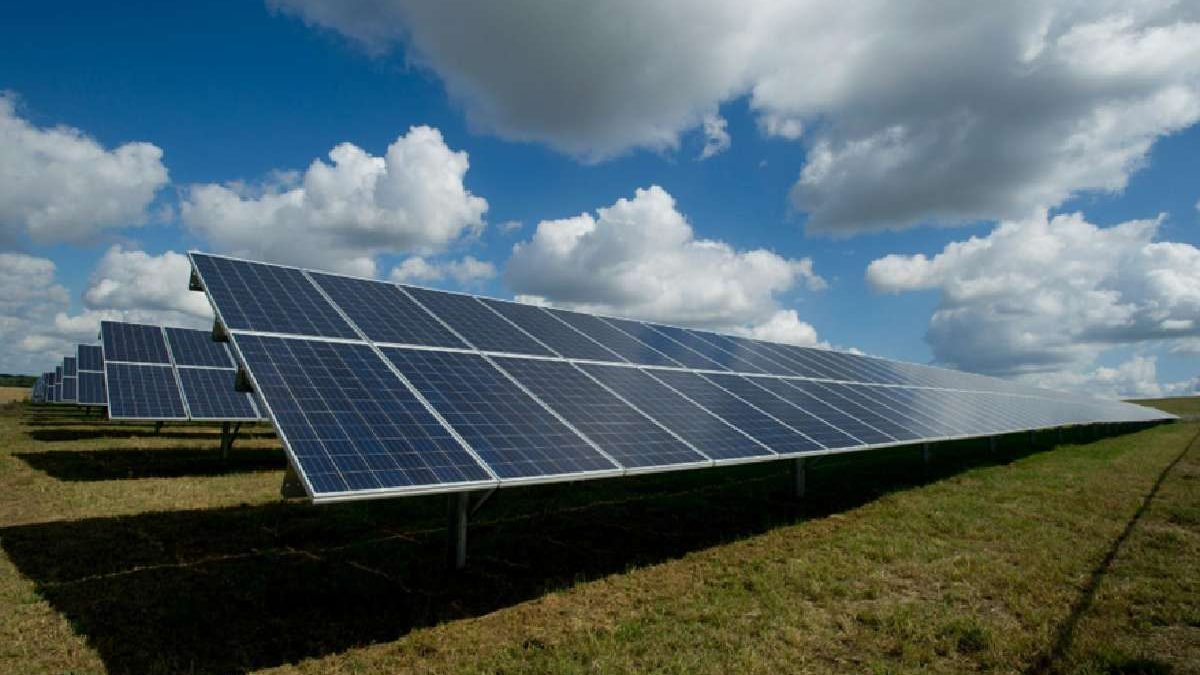Welcome to the dynamic world of energy deregulation! In recent years, several states have altered their approach to policy, paving the way for a market where consumers are no longer tethered to a single utility provider. Instead, they are free to shop around, much like one does for phone or internet services. But with this newfound freedom comes the responsibility to navigate through a potentially confusing landscape of rates, plans, and providers. Additionally, conscious shoppers have to keep environmental concerns and sustainable energy on their radar. Fear not, as this guide will help illuminate the path to making an informed energy choice in deregulated markets.
Table of Contents
Understanding Deregulation
The concept of deregulation involves the removal or relaxation of government regulations in an industry, intending to foster competition and give consumers the power to choose. In the energy sector, this typically means that while the local utility still maintains the infrastructure — the wires and poles — the generation and sale of power is open to competition. The intended result is better service, innovation (especially among growing green energy providers), and potentially lower prices as companies vie for your business.
Staying Informed and Avoiding Pitfalls
The freedom of choice in energy comes with the need for diligence. Be wary of too-good-to-be-true offers, and always read the fine print to avoid being locked into unfavorable contracts with high cancellation fees. Stay informed about market trends and regulatory changes which can impact energy pricing and practices.
In states with deregulated markets, understanding your rights and options is essential. In Texas, for example, consumers can utilize the Power to Choose in Texas platform to compare electricity rates and plans from various providers, including those that harness solar and wind energy, ensuring they make a decision that best suits their financial needs and sustainability preferences.
Tools and Resources for Wise Decision-Making
Thankfully, consumers are not alone in their decision-making journey. Many states offer official websites with resources to compare rates, plans, and provider histories. Independent consumer advocacy groups and online forums can also provide valuable insights and reviews.
Evaluating Energy Providers
When faced with a platter of choices, the key is to compare wisely. Consumers should evaluate providers on several fronts, including price per kilowatt-hour, contract terms, and the type of energy offered. It’s also prudent to review the company’s customer service record and understand how they handle billing and outages.
Deciphering Pricing Structures
Pricing structures in deregulated energy markets can be complex. Some providers offer fixed rates, guaranteeing a steady price over the term of the contract, while others offer variable rates that can fluctuate with market conditions. Additionally, some plans may feature introductory rates that rise after a certain period, or ‘tiered’ rates that change based on usage levels. Comprehending the nuances of these structures is vital to avoid unexpected charges.
The Power of Green Energy Options
One of the exciting aspects of deregulated energy markets is the increasing availability of renewable energy sources. Consumers passionate about environmental sustainability can now opt for plans that support wind, solar, or other green energy projects. While sometimes priced slightly higher, these options allow for a more eco-friendly energy consumption that aligns with many consumers’ values.
The Future of Energy Choice
The landscape of energy deregulation is ever-evolving. Innovations in energy storage and smart grid technologies continue to shape the marketplace. Keeping abreast of these developments ensures that consumers can capitalize on emerging opportunities to save money and support a sustainable energy future.
Energy Assistance Programs
Moreover, consumers should be aware of energy assistance programs available in their regions. These programs are designed to help households that face difficulties in paying their utility bills. Eligibility for such programs is often based on income level, and they can provide relief through subsidies, discounted rates, or energy efficiency upgrades.
Avoiding Scams and Fraud
As with any industry, the deregulated energy sector is also susceptible to scams and fraudulent activity. Consumers need to be vigilant and recognize warning signs. Avoid providers who require large upfront payments, those who claim to be government representatives offering rebates, and any situation where you feel pressured to make a quick decision. Legitimate companies will provide clear information and allow you time to consider your options.
Engaging in Energy Efficiency
Finally, while choosing the right energy plan is crucial, consumers can also make a significant impact by adopting energy efficiency practices in their homes and businesses. This not only reduces consumption and lowers bills but also contributes to the wider goal of sustainability. Investing in energy-efficient appliances, smart thermostats, and proper insulation are some of the effective methods to enhance energy efficiency.
Final Thoughts
In conclusion, while navigating the energy market in deregulated states can appear daunting, it presents a valuable opportunity to tailor your energy consumption to your personal needs, budget, and values. By staying informed, understanding the intricacies of pricing structures, and thoroughly vetting potential providers, you can confidently take control of your energy destiny. Welcome to the empowered world of energy choice!


